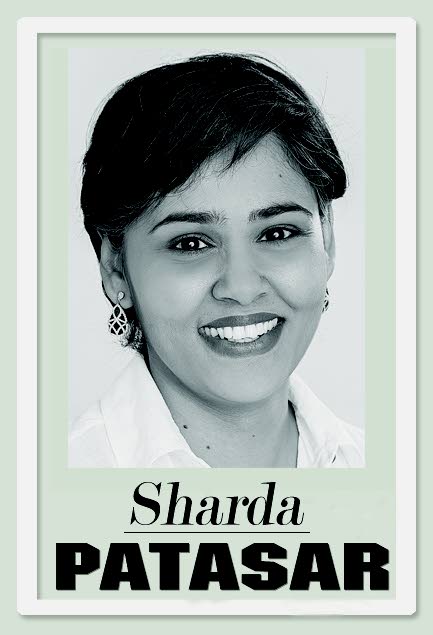An argument for logic

Day 22: On the day that this is published it would have been two weeks since I last saw my therapist. The journey continues. The story has been owned to a large part. I continue to look on with curiosity as I thread out my narratives.
In a previous column I mentioned my lying in order to visit the home of one of my mother’s colleagues in order to use her encyclopedia collection. This week’s story involves an interaction between this colleague and myself. She was my Standard 3 teacher. One day the usual primary school spelling test came along and I, priding myself on my ability to spell, was quite irate about the red x next to my spelling of coconut.
"Why?" I asked, "Was that spelling wrong?"
“Well that’s not the right spelling of coconut,” this owner of encyclopedias said to me.
"Why?" I demanded.
“Well coconut is not spelt with that ‘a’” she had replied. (This is the gist of the conversation given the length of time that has passed).
"Why not? Cocoa is spelt ‘cocoa.’ So coconut must be ‘cocoanut,’" I argued.
"No Sharda, it can’t."
For almost a week, this teacher would pick me up to take me to school and I would silently get into the car without a word, pout, look out the window and refuse to speak to her. In my opinion my point was logical. Hers wasn’t. About two days into my cold behaviour, she looked at me and laughed,
"You still vex about the coconut spelling? I can’t believe that."
Silence from my end.
I am not the sort that can carry through with rude behaviour, however, for my sense of goodwill kicks in. I gave the teacher win at some point, yet privately maintained the belief that she didn’t know what she was talking about and that her spelling of coconut was absolute nonsense because it wasn’t rational. (I hadn’t received a satisfactory explanation as to why coconut was spelt without the ‘a’ at the end of coco).
I related the story of these two incidents to my parents last weekend. My mother phoned me two days after.
"Sha…a…rda," she said, in the slow dramatic lengthening of my name when she is about to make an important point.
"I was thinking about your coconut spelling and I would like you to know that you were right after all."
“What? You checked it up?"
"Well I was just wondering whether one was Americanised and the other British so I went to the dictionary," she replied.
"Well look at that! It’s been what, over thirty-something years? My logic was right after all!"
(The Merriam-Webster as well as the Oxford Living Dictionaries (OLD) provide this alternative spelling).
I had been thinking of the Gary Griffith appointment when I remembered these stories. Essentially I was arguing for logical deductions. In some cases the logical approach pays off, in others we simply accept the rules as is. In the case of our elected representatives our experience must guide our reasoning.
I have seen the hopes pinned on Mr Griffith to "do something about the crime situation," (whatever that means). What about Griffith tells us that he will perform efficiently? I wondered about the logic that governs our population’s decisions about whether a candidate is useful or useless.
Take a step back to look in at ourselves, and we will realise that we are constantly being blind-sided. We do not receive satisfactory explanations for a lack of performance but we have accepted that coconuts cannot be spelt any other way. We settle.
While I do agree that creating a better nation really requires each one of us to live as responsibly as possible, there must be a balance. This is not the common citizen’s mandate alone. Members of government forget that they too are citizens and responsible living extends to them. While nowadays the new fad is for the government to call on citizens to take responsibility, one asks, what’s the point of your office and the resources to which you have access?
Heinous crimes are not going to be solved overnight, we know this, and certainly not by parties committed to a five-year plan of patchwork on many fronts. We are in a toxic relationship and we are now required to protect ourselves. How we generate the power to exit that relationship depends on how we begin to reframe the stories of our past that govern our behaviours in the present. Hopefully as the generations progress and stories are retold, there will arise leadership from the masses for whom the good of everyone is uppermost. Until then, we ground ourselves, we own the stories and thereby generate the power to change the shape of the nation and its thinking.


Comments
"An argument for logic"